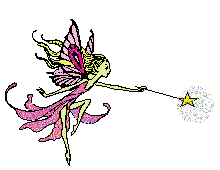


| ONE ART
The art of losing isn’t hard to master;
so many things seem filled with the intent to be lost that their loss is no disaster.
Lose something every day. Accept the fluster
of lost door keys, the hour badly spent. The art of losing isn’t hard to master.
Then practice losing farther, losing faster:
places, and names, and where it was you meant to travel. None of these will bring disaster.
I lost my mother’s watch. And look! my last, or
next-to-last, of three loved houses went. The art of losing isn’t hard to master.
I lost two cities, lovely ones. And, vaster,
some realms I owned, two rivers, a continent. I miss them, but it wasn’t a disaster.
– Even losing you (the joking voice, a gesture
I love) I shan’t have lied. It’s evident the art of losing’s not too hard to master though it may look like (Write it!) like disaster.
|













No hay comentarios:
Publicar un comentario